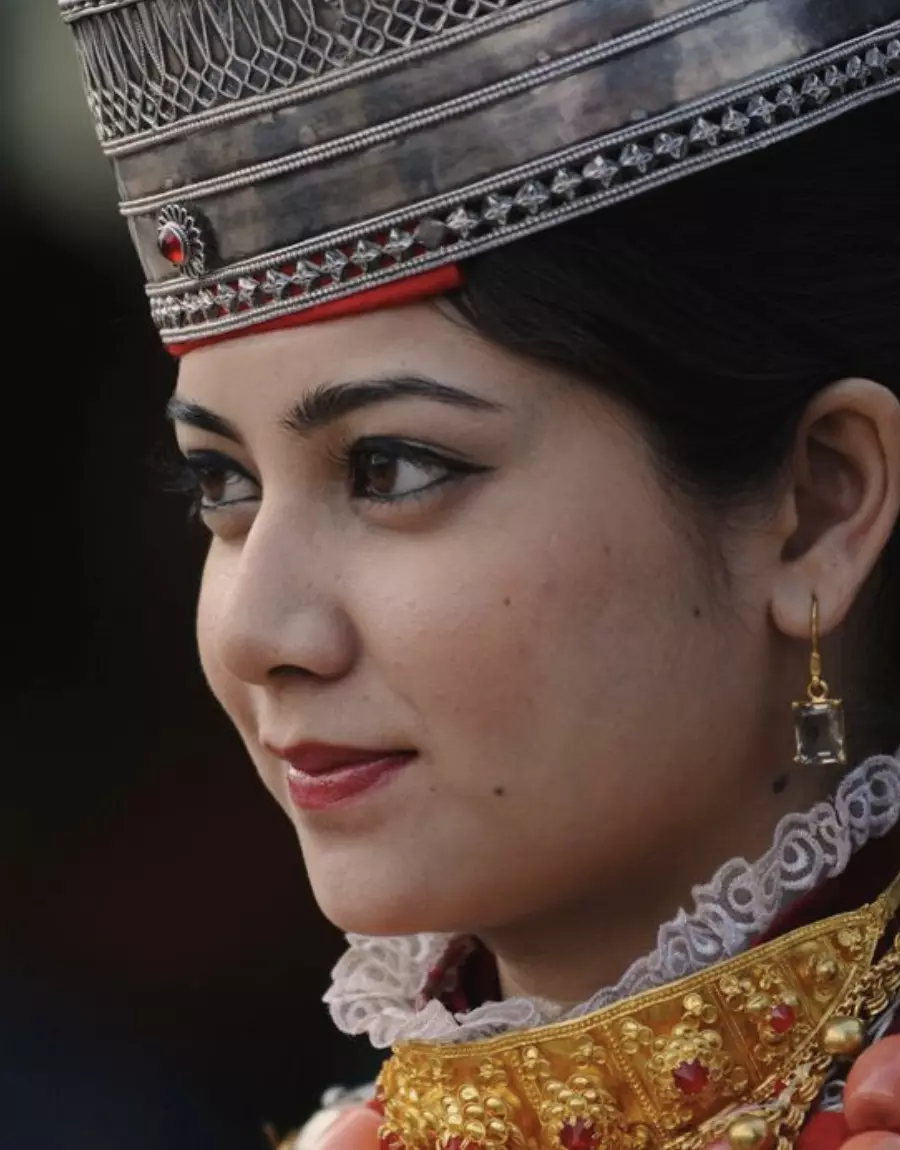Meghalaya's unique matrilineal tradition where men demand gender equality!
In the northeastern state of Meghalaya, India, the Khasi people uphold a unique matrilineal tradition, where lineage is traced through the mother, daughters inherit property
image for illustrative purpose

In the northeastern state of Meghalaya, India, the Khasi people uphold a unique matrilineal tradition, where lineage is traced through the mother, daughters inherit property, and men typically move into their wives' households upon marriage. However, not all men are content with this arrangement.
Kaith Pariat, frustrated with the traditional roles imposed upon him, voices his discontent with being relegated to a subordinate position in his mother-in-law's home. He laments the lack of agency and autonomy, feeling reduced to a mere servant. Pariat, along with others, seeks reform through the Syngkhong Rympei Thymai (SRT) campaign, aiming not only for equality but also for recognition of men's inherent leadership qualities.
The matrilineal system among the Khasis has historical roots, possibly stemming from the complexities of determining paternity in earlier times or attributed to ancestral absence due to warfare. However, contemporary challenges arise, such as concerns over exploitation of privileges by non-Khasi men who marry Khasi women.
Despite the privileges afforded to Khasi women within their community, including decision-making powers endorsed by maternal uncles, they still face limitations in political representation and leadership roles. The distinction between matrilineality and matriarchy is emphasized, with men traditionally holding positions of power.
In Shillong, the state capital, Khasi women embrace modernity, pursuing careers and independence. Some opt for singlehood, challenging societal norms surrounding marriage. However, despite the apparent advantages of the matrilineal system, issues such as domestic violence persist, highlighting ongoing gender disparities.
Pariat, undeterred by societal pressures and potential backlash, continues his advocacy through the SRT, joined by influential members who prefer anonymity. Their efforts aim to address gender dynamics within the Khasi community, navigating complexities and striving for a more equitable future.

